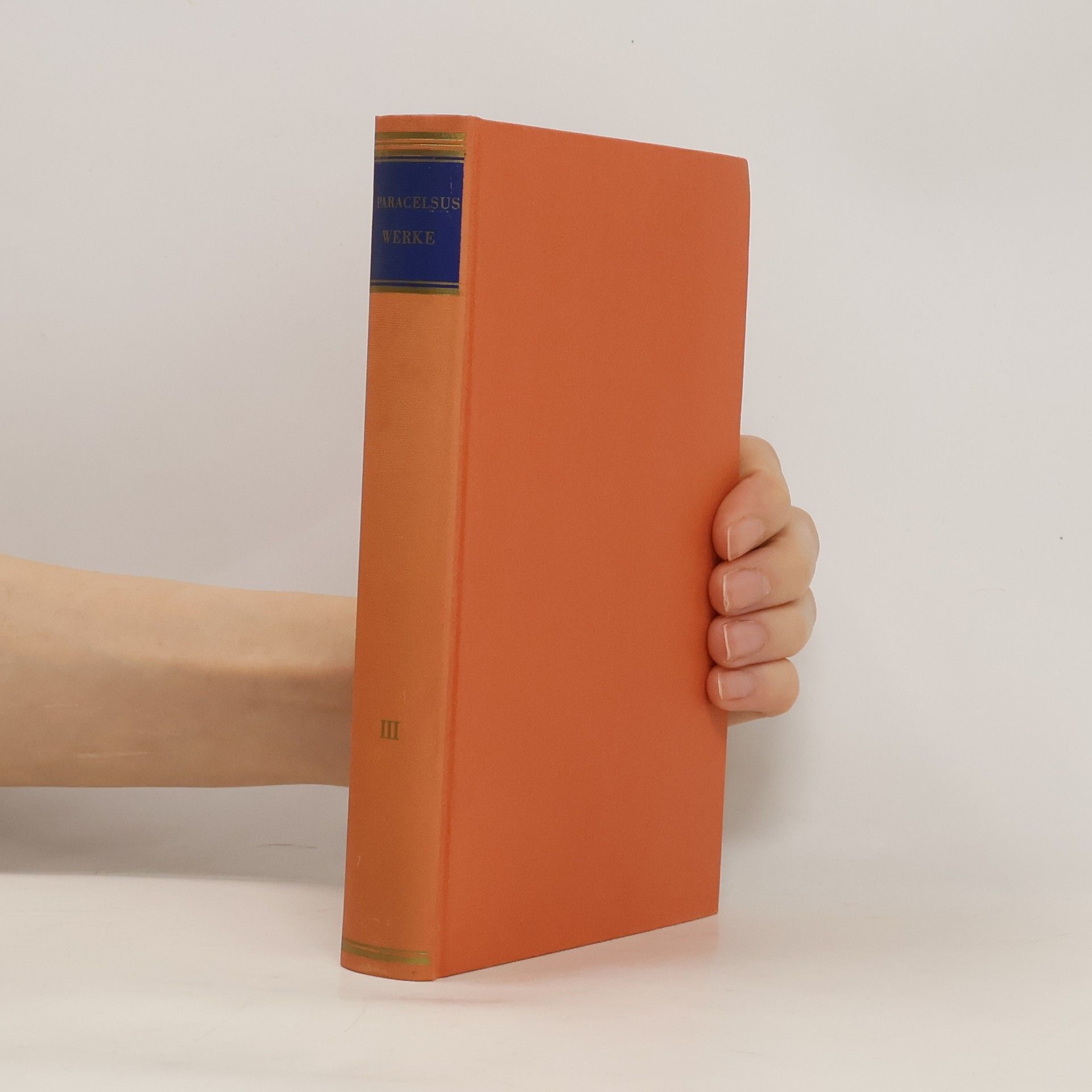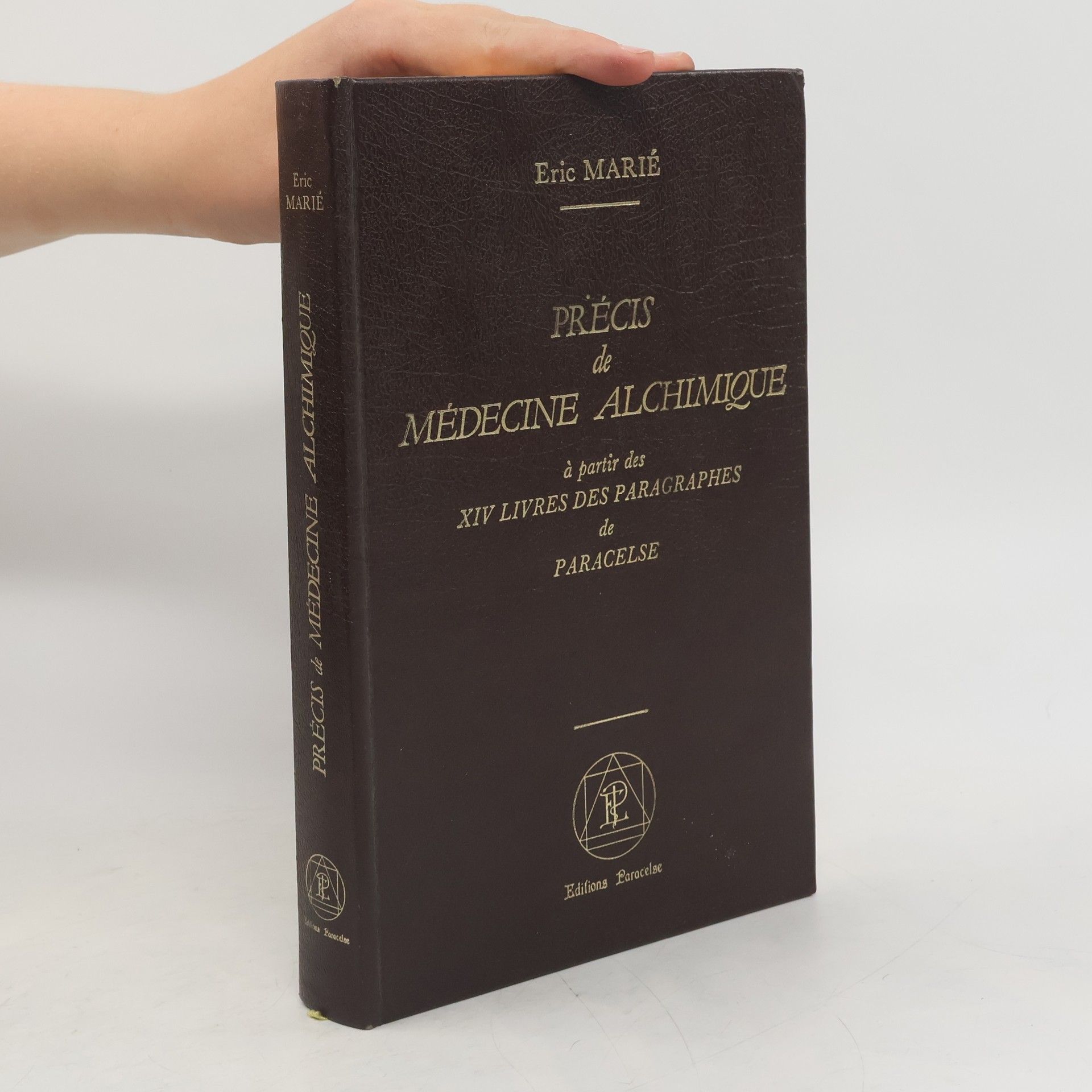Theophrastus Paracelsus Book order (chronological)
Theophrastus was an ancient Greek philosopher and successor to Aristotle's Peripatetic school. He is widely regarded as the 'father of botany' for his extensive and influential works on plants, which shaped medieval scientific thought. His intellectual curiosity, however, spanned a broad range from biology and physics to ethics and metaphysics. In his philosophical inquiries, he examined the nature of space, time, and motion, and in ethics, he emphasized the role of external influences on happiness, famously noting that 'life is ruled by fortune, not wisdom.'





Paracelsus
- 362 pages
- 13 hours of reading
The enigmatic sixteenth-century Swiss physician and natural philosopher Philippus Aureolus Theophrastus Bombastus von Hohenheim, called Paracelsus, is known for the almost superhuman energy with which he produced his innumerable writings. This anthology presents a selection of the moral thought of this man.
Précis de médecine alchimique
à partir des XIV Livres des Paragraphes de Paracelse